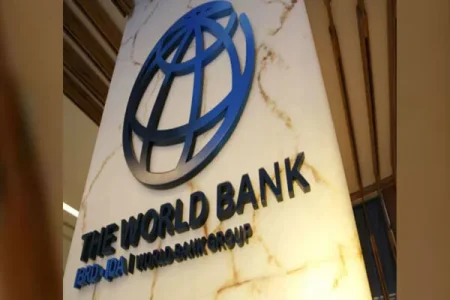
The federal government is set to forfeit $10 million from a World Bank loan due to subpar audits, delayed systems, and unfulfilled project milestones. Despite some gains in revenue performance and data transparency, Nigeria’s fiscal reform efforts under the FGIP project fall short as the June 30 deadline looms.
- $10m in performance-based funds to be forfeited under the $103m World Bank FGIP project.
- Poor audit reports from the FIRS, Customs failed to meet international standards.
- Delay in launching National Budget Portal, failure in TSA transfers cited.
- Revenue performance improved, but capital project execution lags at 50%.
- Final disbursement estimated at $96.04m, 93% of the original loan.
According to a June 2025 restructuring document from the World Bank, Nigeria’s Ministry of Finance has requested cancellation of $10.4 million, including $4 million for flawed audits of FIRS and Customs, and $1 million tied to the unlaunched National Budget Portal. The biggest chunk—$4.5 million—relates to the delayed Revenue Assurance and Billing System (RABS), which won’t be ready until after the project ends on June 30.
While the Fiscal Governance and Institutions Project (FGIP) showed gains, non-oil revenue hit 153% of its 2024 target, systemic issues persist. A lack of real-time accountability, poor audit outcomes, and delays in automation tools expose deeper governance bottlenecks.The World Bank praised progress on data transparency and tax reforms but flagged project monitoring as “moderately unsatisfactory.” With final disbursements at $96.04m, Nigeria risks losing global reform credibility unless key digital infrastructure projects like RABS are fast-tracked.




